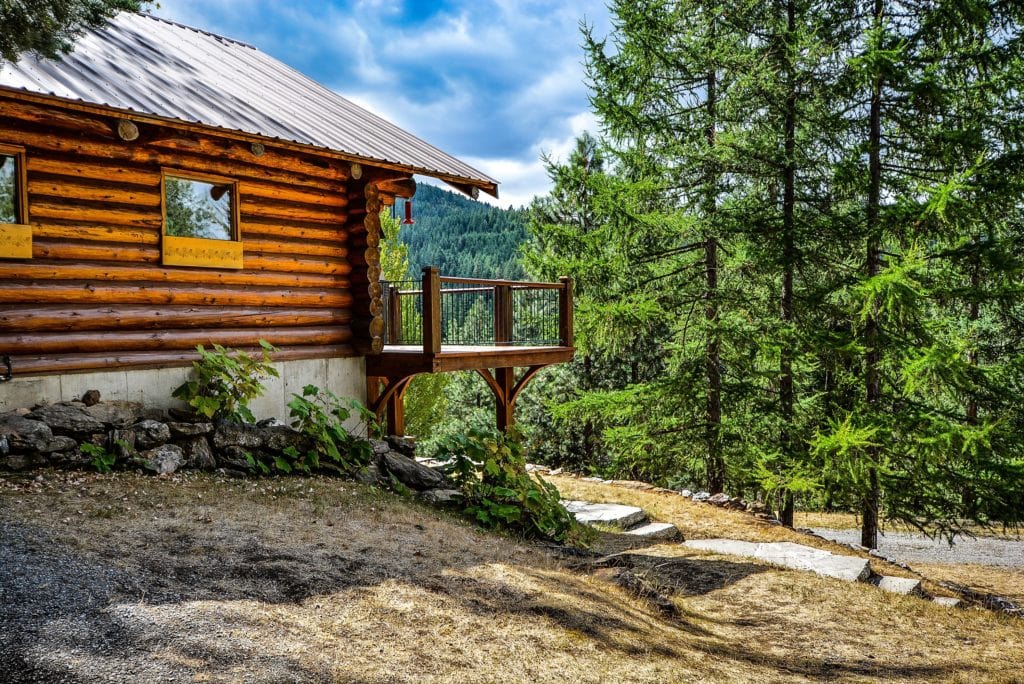
At the height of summer or in a winter wonderland, many Albertans maintain properties to enjoy their favourite seasons. If you own a seasonal property, it’s not always fun and games– a good insurance policy is essential for true peace of mind. ARC Insurance Brokers knows the most common issues seasonal property owners face, so we are here to help! Keep reading for five of our top tips for insuring your seasonal property.
1. Not everything is covered
Seasonal property insurance policies may be wide-ranging, but there are always exceptions. If you do not spend the full year in a property, you may overlook preventable problems. Unfortunately, an insurer does not have to cover damages caused by an owner’s mistake. It is always good to double-check your policy and ask long-time owners of similar properties about their experiences.
2. Vacancy can void your policy
It may seem obvious that a seasonal property does not have occupants in it year-round, but standards must be kept in order for insurers to maintain your coverage. Every policy is different, but you should verify how many days you can leave your property empty before the policy is voided— typically called the vacancy clause.
3. Profiting off your property may require additional coverage
If you rent out your seasonal home or you use part of it for business, there may be aspects that are not covered under a standard policy. Generally speaking, any property or part of it that generates income can be considered separate from the residence. This may mean your insurance plan is insufficient to cover losses or damages caused by this usage.
4. Recreational vehicles usually need their own policies
Boats, snowmobiles, watercraft, campers, all-terrain vehicles– all of these and more are common sights around seasonal properties. Even if they are old and beat-up, you may not be covered by your insurance if an accident happens. Liability insurance is usually the bare minimum policy needed for recreational vehicles, but always consult your broker. Further to that, high performance vehicles may need even more coverage due to being higher risk.
5. Common claims can be avoided
Whether during your stay or when left unoccupied, seasonal properties are more vulnerable to some risks than others. While fire and theft are issues in some areas, most claims made for vacation homes are due to water damage. Your broker can research these common problems and help you prepare to avoid the worst.
The five tips above are only a summary of the additional considerations required of seasonal property owners. Questions? Concerns? Contact or visit the pros here at ARC Insurance Brokers today!


